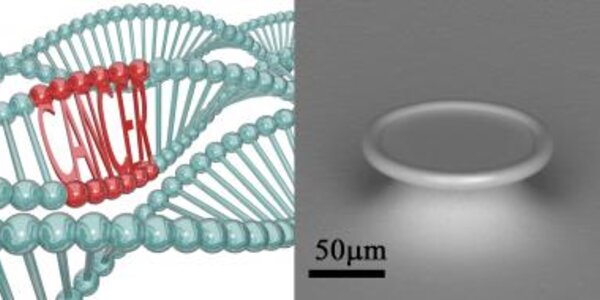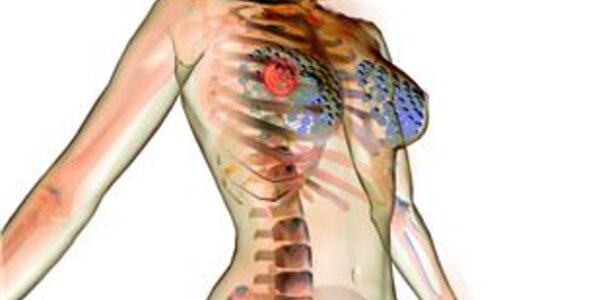No More IV? Photovoltaic Chemotherapy Takes The Stage
Chemotherapy is extremely valuable in killing cancer cells but also takes surrounding tissue with it. Micro-scaled photovoltaic devices may one day be used to deliver chemotherapeutic drugs directly to tumors, rendering chemotherapy less toxic to surrounding tissue, according to findings presented at the AVS 57th International Symposium&Exhibition in Albuquerque.
Currently, chemotherapeutic drugs are piped through an IV drip into the bloodstream, where they travel and come in contact with many organs on the way to their target. Patients are affected systemically, with toxic…





